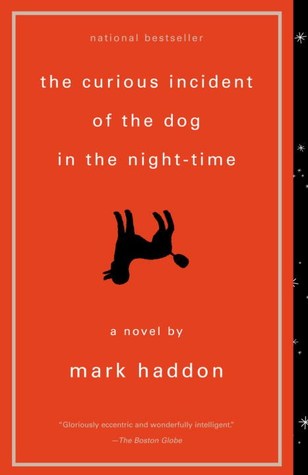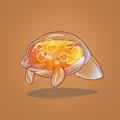Glad I Read It
4 stars
Content warning Spoiler included
I wouldn't have picked up this book if not for our book club, but it's definitely worth reading. Although the behavior of the adults around Christopher was often upsetting, I just took into consideration the period setting and how there was probably less support for parents of autistic kids back then. I'm just glad that Christopher got a happy ending, and for the perspective this book has given me into the lives of a kid with autism and the people around him, I feel like I'm better off for having read this story.









